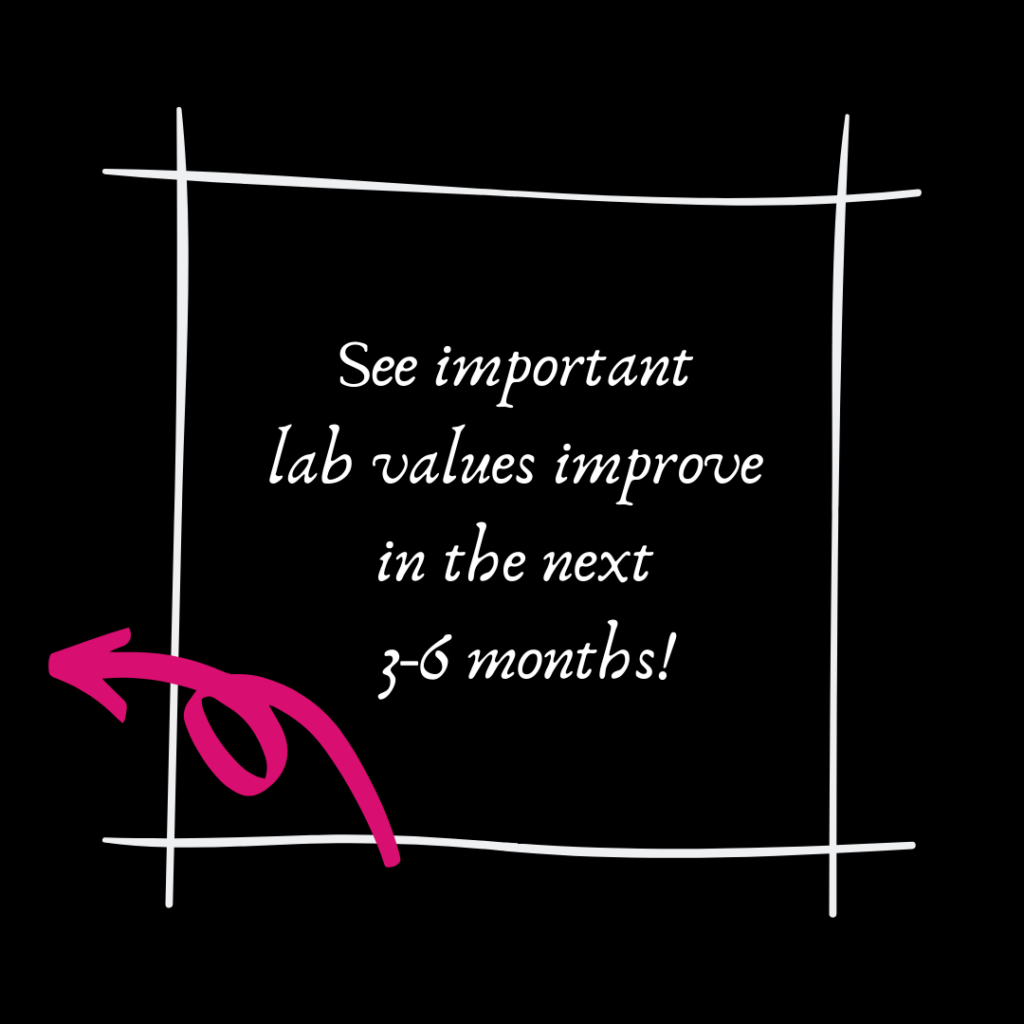If you’re looking to lose weight, there are a thousand options out there for help. How do you choose someone with legit expertise and the means to help you with your journey? That’s where a registered dietitian comes in!
What is a registered dietitian?
The registered dietitian (RD) credentialing is done through the Commission on Dietetic Registration, a national group that verifies completion of education and practice hours. Before applying, a candidate must have: A bachelors degree or higher in nutritional sciences from an accredited college. Completed 1200 supervised practice hours in clinical, food service and community nutrition (only 50% of grads are accepted into these competitive internships)Passed the accreditation exam (about 3/4 of students pass)
What is a nutritionist?
In most states, anyone with an interest in nutrition can call themselves a nutritionist, and that should scare you! While a nutritionist MAY be knowledgeable in their field, it is nearly impossible to tell whether or not they are using accurate, science-based information to treat you. Without proper education as to how diet changes effect the body in the long term, following advice from an unqualified person can actually be detrimental to health. To be clear, nutritionists are not bad people, they just may not be qualified to help you.
Not sure how to tell the difference? Just ask! You have the right to ask about credentialing and education before you work with anyone. Registered dietitians are proud to wear that RD badge, and will be happy to talk to you about it.
What can a registered dietitian help you with?
Yes, they can help with a weight loss plan! Most people seek out a dietitian with the desire to lose weight, and that’s a good goal. However, there are usually underlying health conditions related to being overweight that need to be addressed(see other ways to measure health successes). An RD can help you:
Reduce blood pressure
Improve your cholesterol profile
Lower fasting blood sugar and A1C
Balance thyroid hormones
Reduce systemic inflammation

What can you expect at your first session?
While each dietitian’s approach may vary, you can expect:
Overview of medical health profile. Assessment of lab work results (cholesterol, blood sugar, etc.) Assessment of current diet habits. Discussion of health and personal goals. Formal dietary change suggestions to work toward health goals. Tangible ways to make lifestyle changes (i.e. a sample meal plan, simple food swaps, dinner ideas, list of foods to include with specific brand suggestions when necessary).
What can you expect as sessions continue?
Change is hard, and a dietitian’s goal is to make you feel empowered to make the journey. Providing resources like meal plans and recipe ideas can reduce anxiety and feelings of overwhelm, and provide a sounding board for working through challenges. While the choice to follow through on your plans is ultimately up to you, a dietitian can help you work around obstacles like:
-hunger cravings
-busy schedules
-inability to cook
-emotional eating
-low motivation
-all of the excuses!
Is it affordable?
Medical Nutrition Therapy (MNT) services are usually covered by insurance!
Ongoing support and meal planning sessions fall outside of that scope, and will likely not be covered. If you are serious about getting help and making some meaningful lifestyle changes, you should be prepared to make an investment. Think of it this way: investing in yourself now can save you money on healthcare costs in the future. If you are already suffering with medical ailments, add up how much you are currently spending on medications and treatment now. With some work, there is a good chance that you can reduce or stop taking medications (with your doctor’s approval!), and reduce the risk of adding meds to that list in the future. Aging gracefully, in a healthy state will cost you much less than the support that a registered dietitian has to offer.
Where do I start? Check out my bio and what I have to offer. If it feels like a good fit, go ahead and book an appointment. Still not sure? Give me a call! Let’s talk about what’s holding you back.
Need some good dinner ideas? Pick up my FREE guide!
